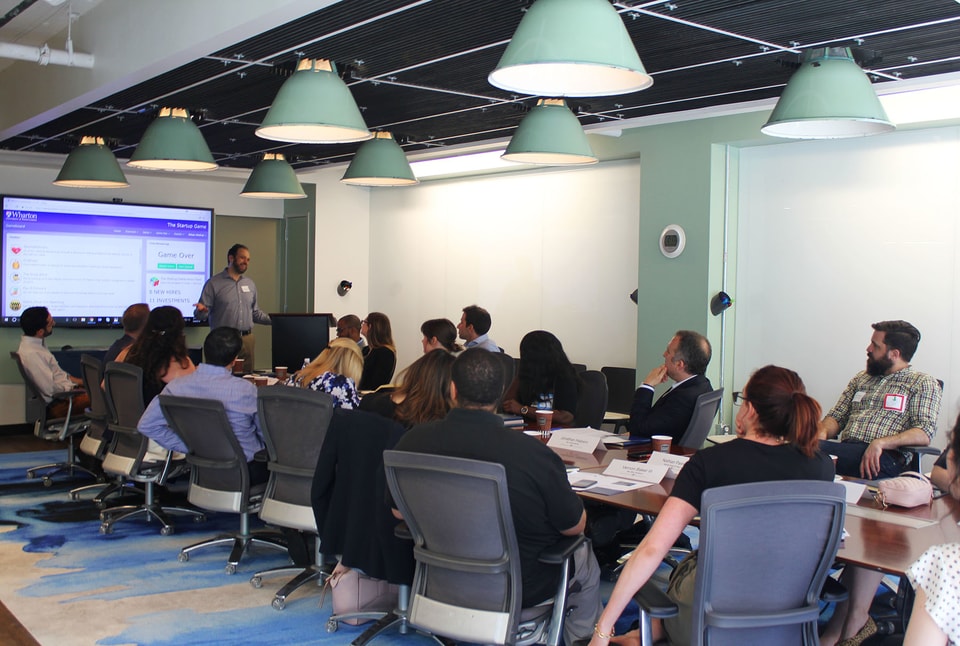One-Pager Published June 20, 2018 · 2 minute read
Barriers to Workers and Entrepreneurs are Restricting Opportunity
Ryan Bhandari

At a topline level, the US economy looks to be humming. Unemployment is low and GDP growth is solid. But two other vital metrics, wage growth and business starts, have not followed suit. What’s the problem? Two leading academics from the University of Pennsylvania’s Wharton School of Business addressed these dilemmas at a Third Way seminar on competition and entrepreneurship.
One force suppressing wage growth is the prevalence of anti-poaching and non-compete clauses, according to Herb Hovenkamp, a professor at Penn’s Law School and Wharton School of Business. Anti-poaching agreements, which are illegal, occur when two companies agree not to hire away one another’s workers so they can save money on labor costs. Non-compete clauses, legal except in California, occur when a company forbids a worker from seeking employment with a competitor. If employers are not fairly and openly competing for workers, Hovenkamp says, competitive pressures to increase wages subside, and employees lose out.
Hovenkamp also says occupational licensing, where a worker must be certified by the state in order to practice a profession, is another practice that’s broadly harmful to workers. Barriers like these restrict supply within a profession, elevating pay for those already licensed but impeding opportunity—and wage growth—for everyone else. A particularly egregious abuse of occupational licensing occurred in North Carolina when the dentist board forbade anyone besides dentists from whitening teeth.
Like wage growth, new business starts in America are not as healthy as one would expect given the state of the current economy. The rate of new business creation in 2015 was down nearly 20% from 2006. Ethan Mollick, also a professor at Penn’s Wharton School, has conducted research detailing problems in the startup market that are harming entrepreneurship in underserved communities. One of the problems he emphasizes is how difficult it is for anyone who’s not a highly educated white male to get access to venture capital (VC).
One promising solution, Mollick explains, is crowdfunding—the practice of funding a project through multiple small donations or investments online. Crowdfunding can circumvent traditional VC and democratize innovation. But crowdfunding platforms have yet to make a sizable impact, which Mollick says warrants a fresh look by federal policymakers.
See Mollick and Hovenkamp expand on competition and entrepreneurship here:
